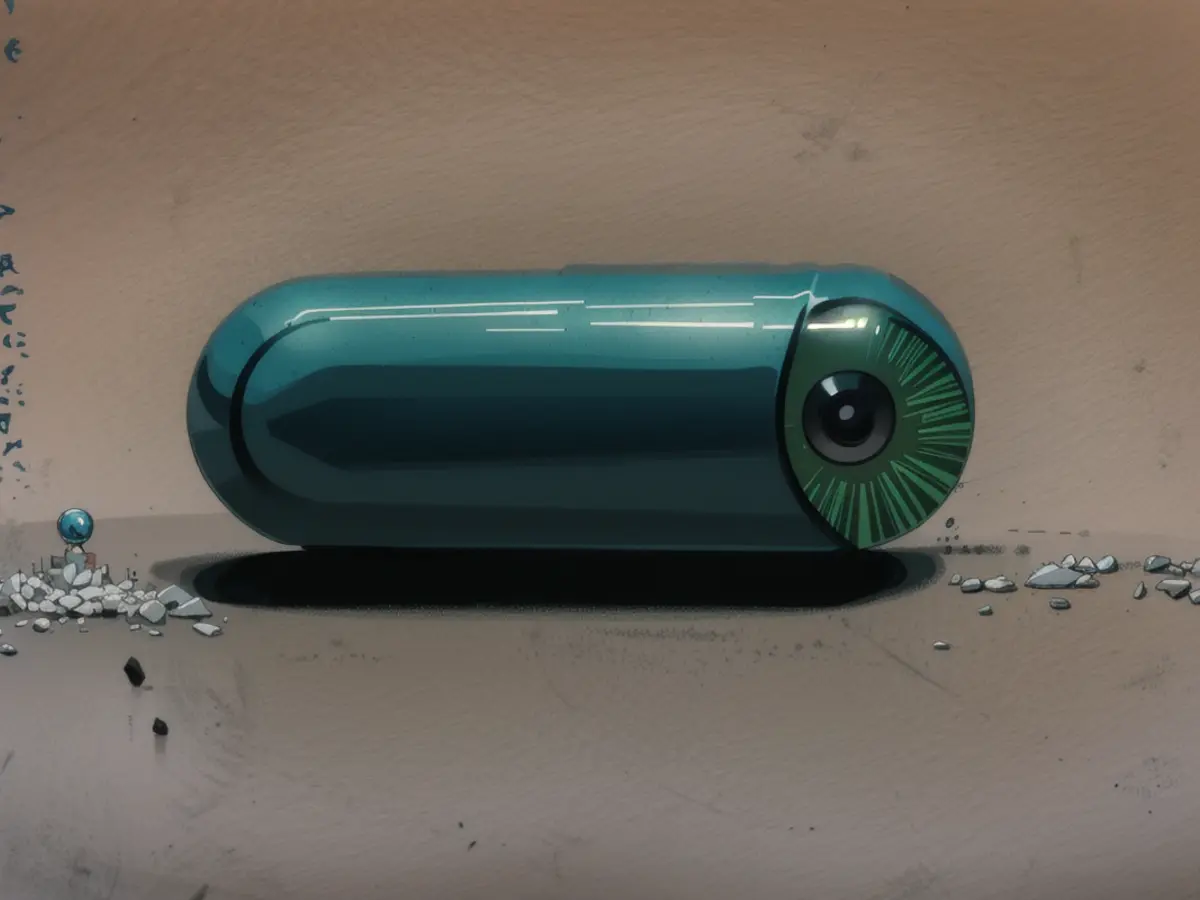FDA declines to approve novel MDMA therapy to treat PTSD, with request for more trial data
The initial application from Lykos presented positive data from two late-stage clinical trials that used MDMA in combination with talk therapy to treat PTSD. About 200 people participated in the Lykos trials, with a treatment program that involved three eight-hour sessions in which they took MDMA in the presence of two therapists. The MDMA sessions were spaced about a month apart, along with additional talk therapy sessions.
MDMA is an entactogen, a class of psychoactive drugs that produce experiences of emotional communion, relatedness and emotional openness.
This is the first time the FDA has considered a psychedelic drug for medical use. The novel treatment has the potential to transform a field with significant need, but the review process has also raised questions about how it should be used in a clinical setting. MDMA is currently classified as a Schedule I drug under the Controlled Substances Act, or a prohibited substance that has “no currently accepted medical use and a high potential for abuse.” Reclassifying the drug to a lower level would be a marked shift involving multiple federal agencies.
In June, an independent FDA advisory committee voted overwhelmingly against the treatment, citing concerns about the integrity of the particular trials up for review. When reviewing the trial data from Lykos Therapeutics, many of the committee members applauded the exploration of this line of treatment and lauded the potential it holds but raised critical doubts – notably regarding missing information about safety and bias in efficacy data. They said it was also difficult to parse how much the accompanying talk therapy contributed to outcomes, which is an area that the FDA does not regulate.
Get CNN Health's weekly newsletter
- Sign up here to get The Results Are In with Dr. Sanjay Gupta every Tuesday from the CNN Health team.
Conducting the additional trial could take years, but Lykos says it remains confident that the concerns raised by the FDA and its advisers can be addressed. Lykos says it plans to seek a meeting with the agency to discuss its recommendations and ask it to reconsider.
“Lykos will work diligently in the coming months to address FDA’s concerns and to take advantage of agency processes to resolve scientific disagreements,” the company said in Friday’s news release. “Following the FDA meeting, Lykos expects to provide an update on next steps for the resubmission.”
About 5% of adults in the United States – about 13 million people – experience PTSD in any given year, according estimates from the National Center for PTSD. But current treatment options, including antidepressants and some specialized forms of cognitive behavioral therapy, are limited in their scope and effectiveness, with few alternatives available to help those who don’t respond well to them.
The potential medical use of MDMA could significantly improve treatments for PTSD, given its ability to promote emotional communication and relatedness. However, the FDA's review process has highlighted concerns about its safety and efficacy data, particularly the role of accompanying talk therapy in the outcomes.








